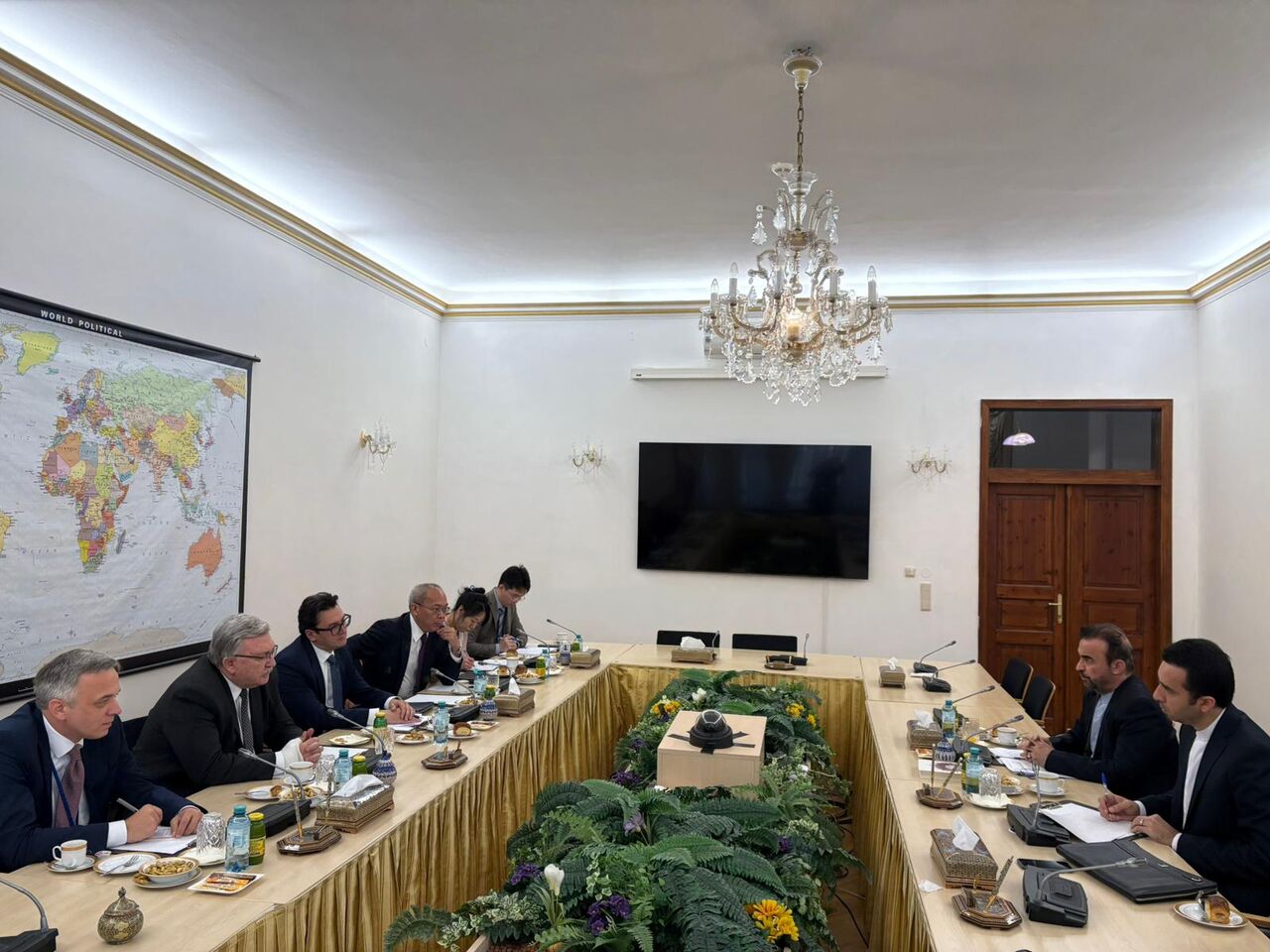
Similar Posts
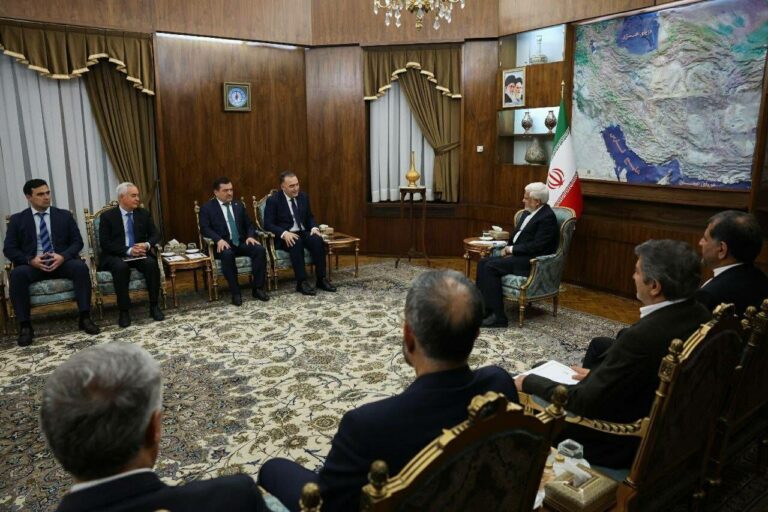
Vice President Celebrates Strong Ties: Iran and Tajikistan Recognized as Second Homes for Their Nations
In a recent meeting in Tehran, Iranian officials, led by First Vice President Mohammad-Reza Aref, highlighted the strong cultural and linguistic ties between Iran and Tajikistan, referring to each other as “brotherly countries.” Aref emphasized the absence of obstacles to enhancing bilateral relations and noted the economic complementarity between the two nations. Discussions included opportunities for collaboration in various sectors such as trade, industry, and education. Tajikistan’s Energy Minister expressed gratitude for Iran’s hospitality and acknowledged the positive trade trajectory. He extended an invitation for Aref to visit Tajikistan, aiming to strengthen friendly relations further.
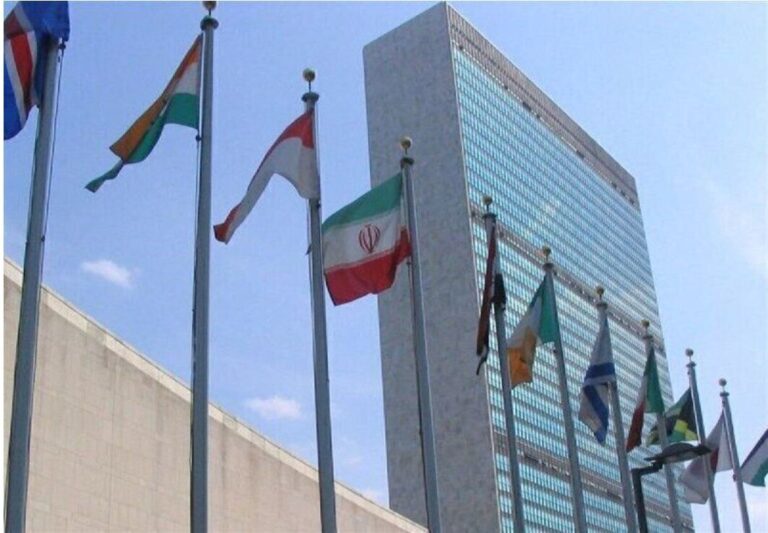
UN Mission Dismisses Iran’s Fateh Missile Launcher Shipment to Russia as Absurd
Iran’s Diplomatic Mission to the United Nations has strongly rejected Reuters’ claims of the country’s military assistance to Russia, particularly allegations of sending Fateh missile launchers. The mission described the accusations as “utterly absurd” and criticized Reuters for spreading what it views as baseless allegations. Iran emphasized its commitment to military neutrality amid ongoing conflicts, asserting that it will not provide support to any conflicting parties. This situation raises concerns about misinformation and its potential impact on international relations and perceptions of Iran globally. Monitoring developments is crucial as the narrative unfolds.
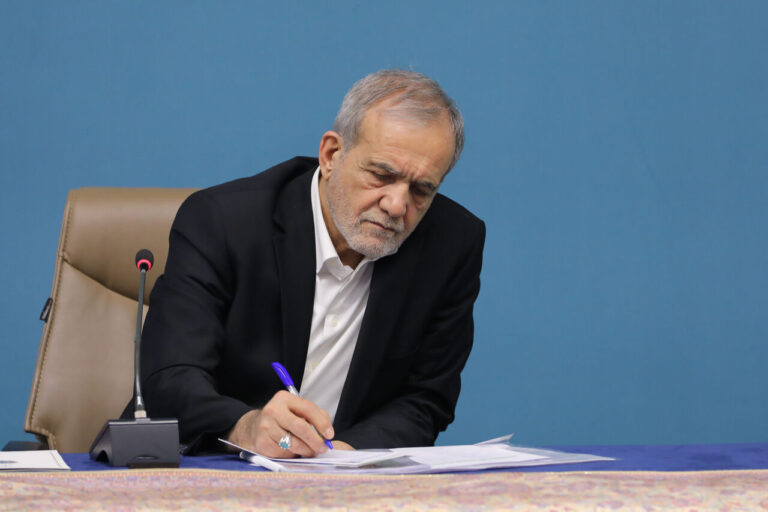
President Pezeshkian: Global Imperialism Misrepresents Islam and the Quran as Threats to Humanity
During the closing ceremony of the 41st International Quran Competition in Mashhad, President Masoud Pezeshkian emphasized the need to counter global imperialism’s negative portrayal of Islam. The event featured 59 reciters from 27 nations. Pezeshkian highlighted the importance of unity among Muslims, resistance against oppression, and the Quran’s guidance for humanity beyond race and religion. He quoted Prophet Mohammad (PBUH) on the Quran’s superiority, asserting that its teachings can lead to justice, kindness, and peaceful coexistence. The ceremony celebrated participants’ talents while reinforcing the Quran’s role as a unifying force for Muslims worldwide.
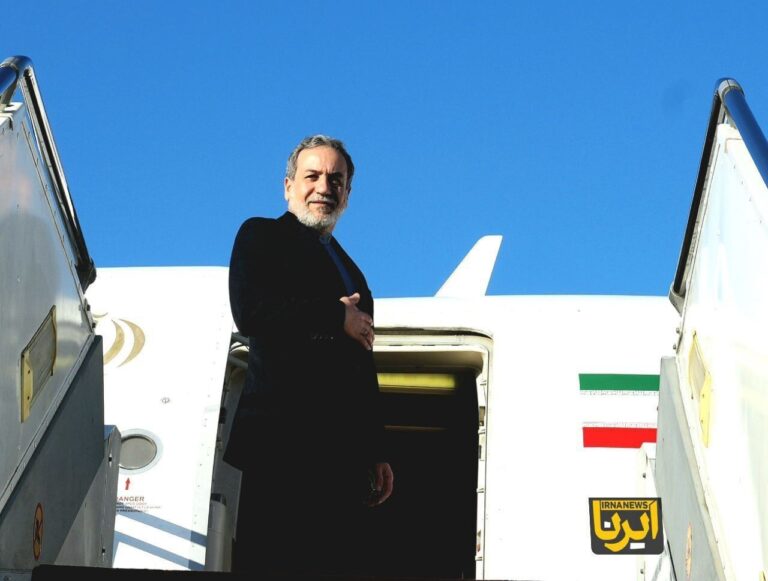
Foreign Minister Araqchi Heads to Muscat for Pivotal Indirect Iran-U.S. Negotiations
Iranian Foreign Minister Abbas Araqchi has traveled to Muscat for the fourth round of indirect negotiations with the U.S., mediated by Oman. Araqchi emphasized that the U.S. has posed challenges due to contradictory positions, particularly regarding Iran’s right to enrich uranium, which he insists is non-negotiable. He expressed optimism for constructive outcomes but cautioned that unreasonable demands could hinder progress. Araqchi reaffirmed the legitimacy of Iran’s nuclear program, which is subject to International Atomic Energy Agency inspections, and stressed the importance of addressing negotiation topics directly rather than through the media. An Iranian expert team is already in Muscat for the talks.
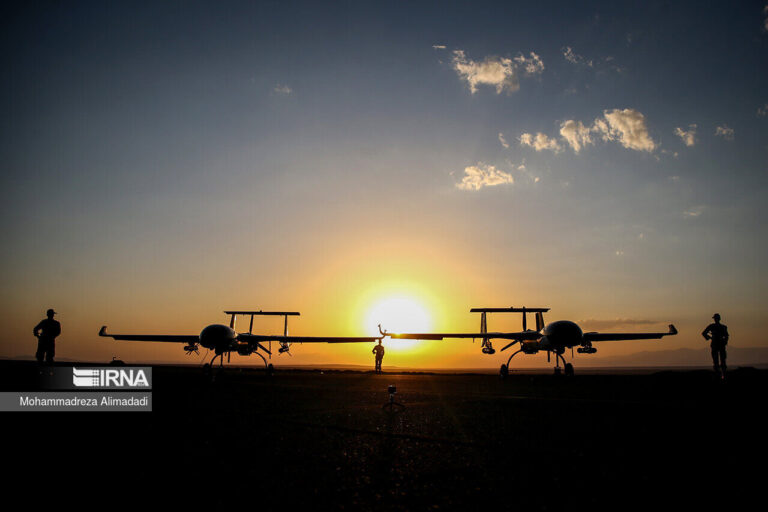
Iranian Military Unveils Three Advanced Drones: A Leap in Aerial Warfare Technology
Iran’s Ground Forces have introduced three advanced vertical takeoff and landing drone systems, enhancing their military capabilities, as announced by Brigadier General Nozar Ne’mati. The Homa Drone can fly above 12,000 feet with night vision for reconnaissance, while the lightweight Didban drone, capable of day and night vision, operates up to 6,000 feet for target location. The Shahin-1 FPV, designed for future warfare, boasts high endurance and altitude flexibility to target both stationary and moving objects. These developments underscore Iran’s dedication to modernizing its military technology to meet contemporary warfare challenges.
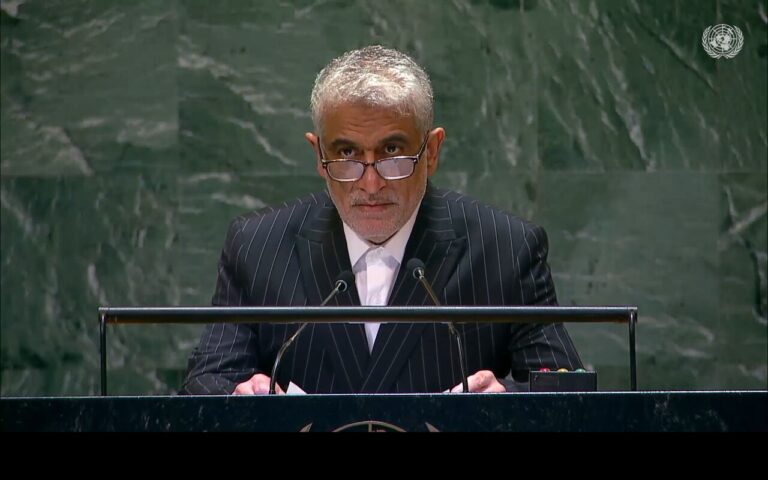
Iran’s U.N. Envoy Condemns Global ‘Moral and Legal Failure’ to Prevent Israeli Actions in Gaza
Iran’s UN ambassador, Amir Saeid Iravani, condemned the humanitarian crisis in Gaza, attributing it to Israeli military actions and the complicity of the U.S. and its allies. In a U.N. Security Council address, he criticized the ongoing blockade of Gaza as a violation of international law and termed it collective punishment. He called for an immediate ceasefire, reconstruction efforts respecting Palestinian rights, and full UN membership for Palestine. Iravani emphasized the right to self-determination for Palestinians and the necessity of ending the occupation for lasting peace. He warned that U.S. support enables Israeli aggression against regional stability.